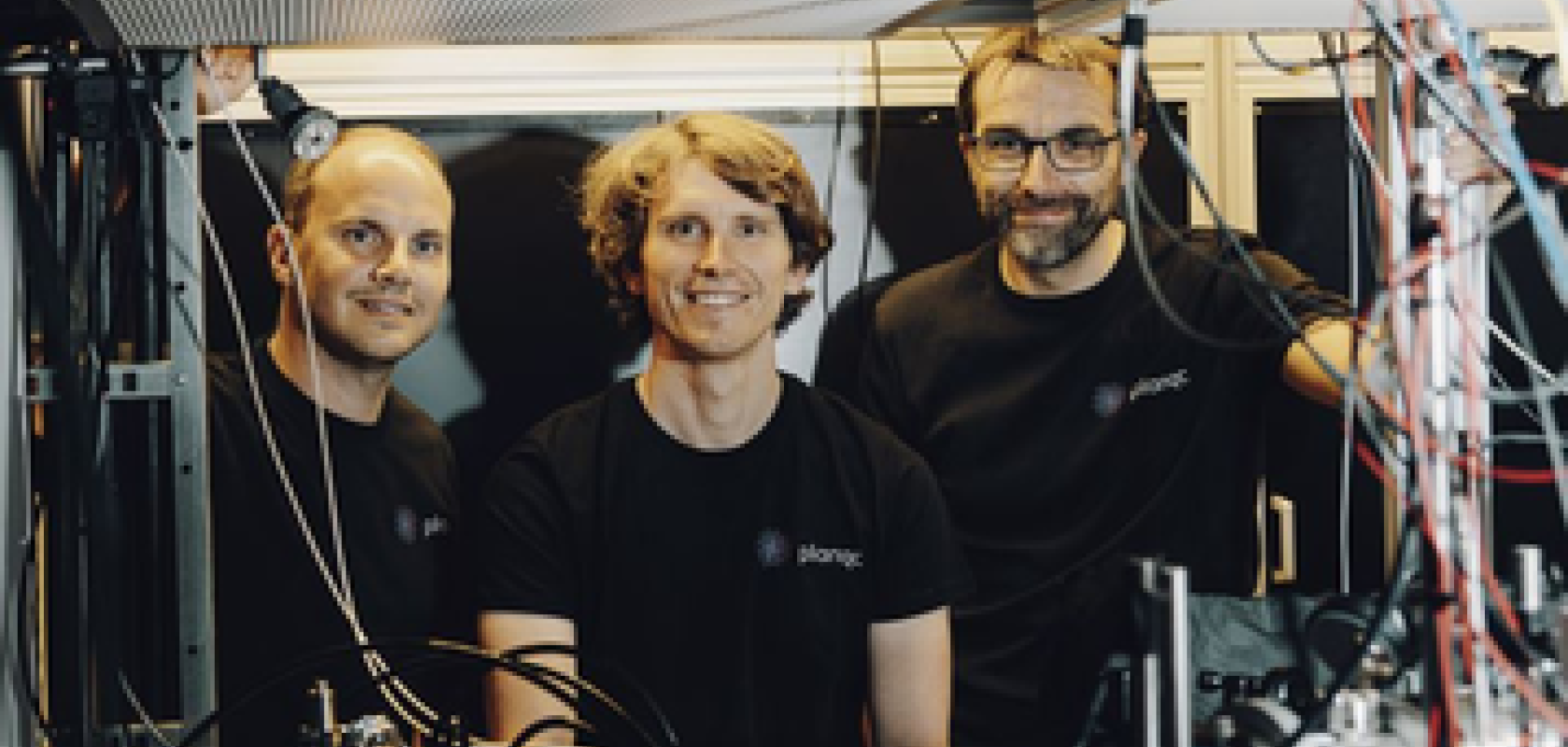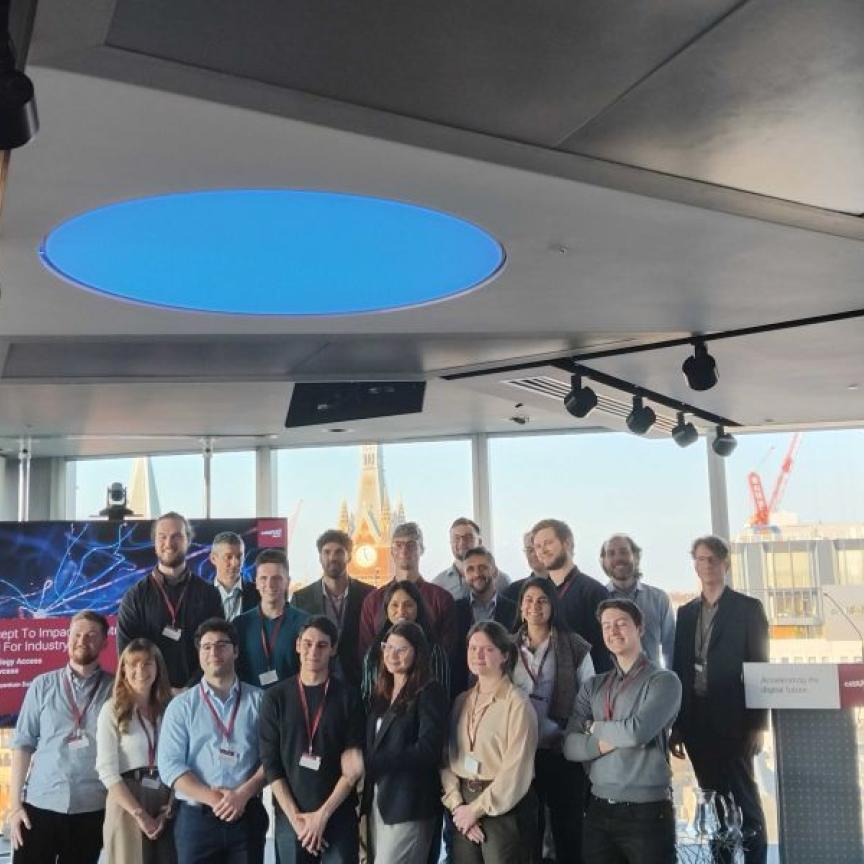With €50m financing burning a hole in its pocket, the European developer of quantum computing technologies plans to establish a quantum cloud computing service and develop quantum software applications to target an emerging quantum market.
The emerging quantum market is – despite what the name suggests – huge, and is currently valued at billions of euros, and with good reason. The computational power of quantum computers will revolutionise multiple sectors and industries, from the discovery of new materials and pharmaceuticals to the optimisation of solutions like climate research, transport planning and cryptography. Quantum machine learning, meanwhile, is set to unlock unprecedented artificial intelligence applications, providing an entirely original view of the world.
Investment in the emerging quantum field
With a substantial series A investment of €50m, led by the European Family office CATRON Holding and DeepTech & Climate Fonds (DTCF), and with additional financial support provided by Bayern Kapital, the Max-Planck Foundation and others, as well as a non-dilutive grant from Germany’s Federal Ministry of Education and Research (BMBF), planqc is targeting rapid advancements in the development of industry-relevant quantum computers.
Already using quantum machine learning to work on projects such as climate simulations or more efficient batteries for electric vehicles, plancq’s technology is built on research carried out at the Max-Planck Institute for Quantum Optics (MPQ). “This latest investment round is a strong endorsement of our technology as a leading platform for quantum applications,” said planqc CEO and co-founder, Alexander Clätzle. “The substantial backing places us in a perfect position to take on global competitors with our ‘Made in Germany’ quantum computers.
Experts in quantum technology
Founded in 2022 by scientists from MPQ and the Ludwig Maximilian University Munch (LMU) and located in the heart of Munich’s Quantum Valley (MQV), planqc has recently been commissioned to develop and deploy a quantum computer for the German Aerospace Centre (DLR) and a 1,000 qubit quantum computer at the Leibniz Supercomputing Centre by the German government, respectively.
“Unlike most other companies, including Big Tech, we use individual atoms – confined in crystals of light – as qubits,” said Dr. Sebastian Blatt, planqc’s CTO. “This approach is the fast track to scaling the number of qubits and improving their quality, the prerequisites for being the first to deliver fault-tolerant quantum computers.”
Proven early quantum success
Having already showcased the scaling of neutral atoms utilised as qubits to 1,200, planqc paves the way toward fault-tolerant – and therefore practical – quantum computers. With scaling expected to reach up to 10,000 or even 100,000 qubits over the next couple of years, the resultant quantum systems will be capable of solving the previously unsolvable.
“Neutral atoms are currently on the fast track to achieving fault-tolerant quantum computing,” said Hermann Hauser from APEX Amadeus Technology fund, one of planqc’s seed investors. “I am deeply impressed by planqc’s rapid progress. Securing over €50m in contracts within 18 months and achieving Europe’s first 1,200 atomic qubit array are remarkable milestones.”


